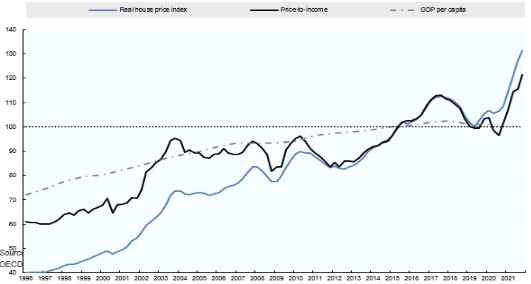Aristotle, in the Constitution of the Athenians, expresses his customary distaste and belittlement of the new experiment in governing known as democracy. Aristotle and democracy are not a natural fit by any means. It seems to have been galling for those who saw themselves as of high birth and/or supporters of the traditional oligarchical system of governance in Hellas. Aristotle, as sophist employed by kings like Philip of Macedon, was far more in favour of the ’best of men’ ruling the majority of men. This idea in Athens of ‘people power’ was revolutionary and viewed as highly unstable by those in the entrenched conservative camps. The people are described like children, who lack self-confidence and are searching for this elixir through the political process. Leniency is clearly seen as a weakness in governance and the people are once again at fault for exhibiting this failure in their group decision making in the demos.
Democracy Unappealing to The Elite
It is understandable these prejudices against democracy, espoused by writers like Aristotle and Thucydides. As the nature of this style of governing goes against the upbringings and training that these writers and statesmen received in their formative years. As members of the eupatridae these elite Hellenes were encouraged to recognise the superiority of their own class, especially when it came to leading their cities. Aristotle is, however, the closest thing the ancient world has to offer to a true scientist, in the modern conception of the term. He observes the world around him and attempts to do so objectively. Therefore, his description of the Athenian constitution are as fair minded as a fourth century BCE writer can be in the circumstances.
Ostracising: A Democratic Purview
Ostracism is a highly pragmatic, non-idealistic political stratagem or device, when viewed from a modern perspective. A law brought in to deal with potential tyrants, after the slippery behaviour of Pisistratus. It is an interesting fail safe or release valve for the democratic system, enacted when an individual’s popularity and influence has reached a nadir or tipping point. Cleisthenes, it seems from Aristotle’s account, instigated the law of ostracism, and he is considered to be, if not the founder of Athenian democracy, at least its catalytic agent.
Aristotle is pragmatic in his description of Athenian democracy at work; and has the advantage of hindsight when recounting the events of the past. He sees weakness in group decisions and prefers a strong hand on the tiller, but history has now shown that the group decision tends to temper extreme behaviours in favour of more moderate decisions. Whereas tyrants and megalomaniacs are more likely to commit mass atrocities. The beginnings of Athenian democracy have a great deal to teach all of who are interested in the political sciences, and more importantly, our own futures.
Aristotle sees Cleisthenes’ constitutional changes as reinvigorations of Solon’s original principles of governance in Athens. He may not like the fact that the people are making the decisions, but he still identifies and recognises strong individuals like Pericles had important roles to play within the Athenian democratic system. He ultimately delivers a fair account of the nuts and bolts of the constitution.
©Robert Hamilton











